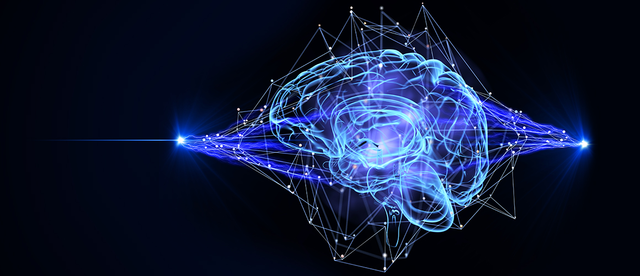Deep TMS: Am I a Good Candidate?

Deep TMS is a type of therapy that is most commonly used as an alternative treatment method for individuals with treatment-resistant depression. It is a non-invasive procedure that sends magnetic pulses to the brain in an attempt to regulate neural activity.
Short for Deep Transcranial Magnetic Stimulation, Deep TMS, or DTMS, is one of the most groundbreaking treatments currently available to treat depressive symptoms that have been unresponsive to other, traditional remedies. But, how do you know if you’re a good candidate for this procedure?
To help you determine this, we’ve put together a general overview on what Deep TMS is and the signs that might indicate you could benefit from it.
What is Deep TMS?
It might sound like science fiction, but DTMS is a novel therapy developed by BrainsWay that already has widespread use for the treatment of depression.
Deep TMS uses a helmet apparatus to send MRI-strength electromagnetic pulses into targeted areas of the brain, specifically those that may be out of balance or under-active in an individual suffering from major depressive disorder. By activating these portions of the brain, DTMS may be able to help regulate neural activity, which can ultimately offer the relief that patients have been unable to achieve with medications.
If this sounds slightly familiar, it may be because TMS treatment for depression has been in use since the 1980s. What makes BrainsWay Deep TMS different is that it uses a unique, H-coil lined device to reach deeper brain structures and to maintain the intensity of the pulses throughout the procedure. For some patients, this may be more effective than standard TMS.
What is Deep Transcranial Magnetic Stimulation Used to Treat?
The ability of DTMS to reach more structures of the brain than traditional TMS means that it also has the potential to treat a wider range of disorders. At Retreat Synergy, we use DTMS as an alternative method for the treatment of major depressive disorder, however it does have other uses as well.
Disorders that DTMS can be used to help treat include:
- Depression
- Bipolar disease
- Obsessive compulsive disorder
- Post-traumatic stress disorder
- Schizophrenia
At this time, BrainsWay DTMS is only FDA approved for the treatment of major depressive disorder, OCD, and smoking cessation. However, efforts are ongoing to achieve approval for the psychiatric treatment of other disorders on the list above, as well as for the use of DTMS as a neurological treatment for illnesses such as Alzheimer’s, autism, chronic pain, multiple sclerosis, Parkinson’s, and stroke.
Like any therapy, there is no guarantee that Deep TMS is going to be 100% effective for all patients who choose to undergo this procedure. However, standard TMS has been found to provide a “clinically meaningful response” in as many as 50% to 60% of people with depression who have failed to find relief through other treatment methods.
Am I a Good Candidate for DTMS?
There are various things to consider before deciding to pursue Deep TMS. While only a professional treatment provider will be able to determine whether you are truly a good candidate for DTMS or not, some things that suggest it may be the right fit for you include:
- A current diagnosis of depression
- A failure to respond to traditional therapies, including anti-depressant medications
- No history of a seizure disorder, or recent seizure episode
- No ferromagnetic metal implanted in or around your head (most dental work is considered safe)
- A history of participation in current or former trials of psychotherapy (may be required by your insurance provider)
Another thing to keep in mind is deep brain stimulation cost, however many insurance providers do cover the treatment and, here at Retreat, we can work with you to determine what your eligibility for coverage is.
Learn More About DTMS
We offer BrainsWay DTMS therapy at Retreat for the treatment of major depressive disorder, with a series of 20 minute long sessions that take place at our network of Retreat Behavioral Health Centers. This is just one of a variety of alternative treatments available as part of our comprehensive mental health services, and has helped many of our patients find relief from their depressive symptoms.
If you think that Deep TMS might be something that is right for you, or if you are just interested in learning more about how it works and what its potential benefits are, please contact us to schedule an appointment and have your questions answered.



